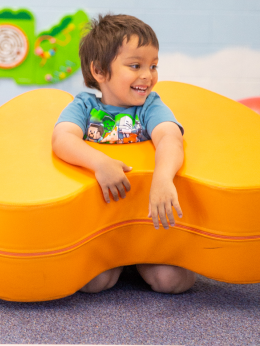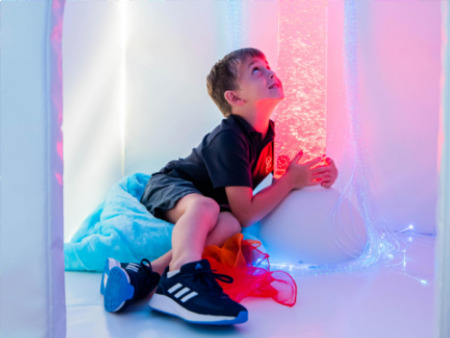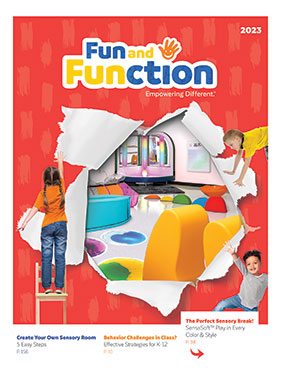The brain is complex, no doubt. It is literally the computer system for the human body. Without it, we cannot survive as it provides mechanisms for breathing, thinking, speaking, feeling, memory and higher functioning skills like planning, creating and organizing.
For some, organization skills come naturally and for others, especially with ADHD, it is like a foreign language. Organizational skills can be taught and mastered, and are paramount to surviving in school, home, workforce and personal life.
As we find more and more distractions thrown our way, organizational skills are even more vital to keeping our lives orderly and calm. Let's take a look at some tips and tools that may help to organize our minds, bodies and day-to-day lives. Remember, organization is like any skill where practice makes it better.
Maximize with Small Spaces
If you are working with someone who is highly disorganized, remember that smaller spaces are easier for them to manage. A smaller bedroom or workspace makes managing items a less arduous task since there is less to manage. If you don't have the option of a small space, then minimize the number of items in the space. Replacing small toys with a big item like a swing uses the space to greater advantage with a therapeutically savvy tool.
Declutter Every Day
Make decluttering a part of the everyday routine, ideally before bedtime, enabling a fresh start in the morning. We don’t always realize how many household items get misplaced in a single day! Developing habits like making the bed every morning and doing the dishes every night before bed ensure that shores don’t pile up and become a bigger hassle later on.
List Visual Reminders
If you are working on a homework routine, for example, keep a visual list handy on the wall, door, study carrel or refrigerator. You can use words or images to convey the message. Calendars, chore wheels, daily schedules and other visual organizers can make a world of difference for many. These tools allow us to plan ahead and always leave the house prepared for the day ahead.
Assign Acronyms
With an auditory learner or a visually challenged individual, assign an acronym to your list of to dos, such as Why Tom Bought Sugar (Water, Toothpaste, Brush, Swish) for a brushing teeth routine. Acronyms are a great way to train the brain to remember schedules, lists and tasks.
Stay on Task with Timers
These are empowering tools for less organized individuals. Auditory or visual timers can help keep a student on task or remind a teen when to start homework. Timers can be used to show lag time or to count time for a task to be completed. Our phones have built-in timer apps that make for great reminders and motivators, too! Use these to help schedule specific tasks and breaks in between.
Prepare Ahead
Keep a schedule handy and visible as you plan. This may mean helping someone start studying three days before a test as opposed to the night before. Preparation can help avoid meltdowns, stress reactions and anxiety. These strategies can help us to avoid the dreaded pile-up that comes with procrastination.
Prepare the Body
Our bodies can also be organized or disorganized which is often seen in the way we carry ourselves, our posture and our motor planning. A morning exercise routine, obstacle course, jumping time or eye hand coordination can get the body ready for a busy, hectic day. We should all ideally leave the house feeling refreshed and prepared for the day ahead! (We know that it’s definitely easier said than done.)
Knowing your sensory type can help with developing organization skills. A sensory diet can be customized to support self-regulation and organization. Understanding sensory preferences can help in prepping the nervous system for a strong start to the day as well in cooling down after a hard day.
Check out our collection of sensory tools to improve focus and attention.

























Comments